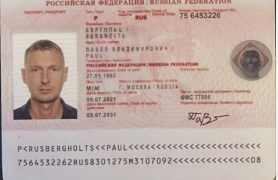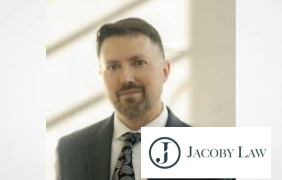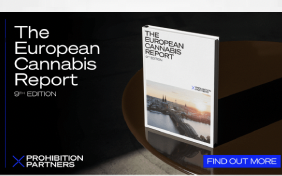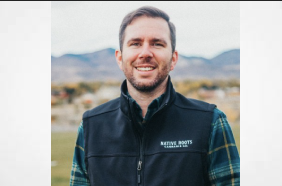A young girl with a drug-resistant form of epilepsy is believed to be the first and only patient in Singapore who has been given approval to use cannabis-derived medication.
Suffering from refractory epilepsy, the girl failed to respond to therapies and had exhausted all currently registered medications for treatment, the Ministry of Home Affairs (MHA) told The Sunday Times.
First S’pore case of cannabis-derived medication allowed
A young girl with a drug-resistant form of epilepsy is believed to be the first and only patient in Singapore who has been given approval to use cannabis-derived medication.
Suffering from refractory epilepsy, the girl failed to respond to therapies and had exhausted all currently registered medications for treatment, the Ministry of Home Affairs (MHA) told The Sunday Times. The move follows approvals by lawmakers in the United States to use the medication to treat rare kinds of childhood epilepsy in that country.
MHA, without elaborating on the girl’s age, the specific medication and her current condition, said: “Given the patient’s condition, her doctor applied to the Health Sciences Authority (HSA) to bring in a cannabinoid pharmaceutical, considering that the treatment might address the unmet medical need.”
Chan, president of the Singapore Epilepsy Society, said the medication is likely Epidiolex, which is the first and only pharmaceuticalgrade cannabinoid medication approved by the US Food and Drug Administration (FDA).
The medication, which contains only the non-hallucinogenic cannabidiol component from cannabis, was given the green light by the FDA in June last year.
The girl likely received the prescription within the past year.
However, Prof Chan added that Epidiolex would not be the first line of epilepsy treatment.
MHA said the cannabinoid medication is not available for regular prescription here, and the girl’s doctor had submitted data evidence-based clinical studies to support his request.
The data showed the value of the cannabinoid medication to treat the girl’s drug-resistant epilepsy, and this led to the HSA, the MHA, the Central Narcotics Bureau and the Health Ministry approving the doctor’s request.
As a specialist in this area, Prof Chan said “numerous” parents of childhood epilepsy patients in Singapore have inquired about using cannabis-derived medication since the trial for Epidiolex first started in the US several years ago.
He said some parents have even moved overseas to access forms of medical cannabis.
Prof Chan, who is head of paediatric neurology at KK Women’s and Children’s Hospital, said Epidiolex is not a “super cure”. “And just like any other medication, it might not work for everyone.”
According to the US Epilepsy Foundation website, Epidiolex can inhibit or slow down brain signals that lower the excitability of cells that cause seizures.
Prof Chan said that, to date, only studies involving Epidiolex have proven to be useful for specific kinds of epilepsy such as Lennox-Gastaut syndrome and Dravet syndrome.
Results from the studies cannot be extrapolated to other cannabinoid medications, he added.
Meanwhile, efforts by a team of Singapore scientists over the last two years to uncover and unlock the medical uses of cannabinoids are on track, said the principal investigator of Singapore’s Synthetic Cannabinoid Biology Programme.
Associate Professor Yew Wen Shan said the vision is for the Republic to produce therapeutic cannabinoids – chemical compounds found in the cannabis plant – as medication in future.
The programme is part of a fiveyear, $25 million research study launched by the National Research Foundation.
As cultivating the plant here is illegal, the team biologically engineers yeast to recreate the cannabinoid compounds synthetically. Extracting them directly from the plant could also have the risk of unwanted components that might cause psychosis for users.
Already, researchers have identified some new and “novel” cannabinoids that could potentially be useful as medication, said Prof Yew.

















